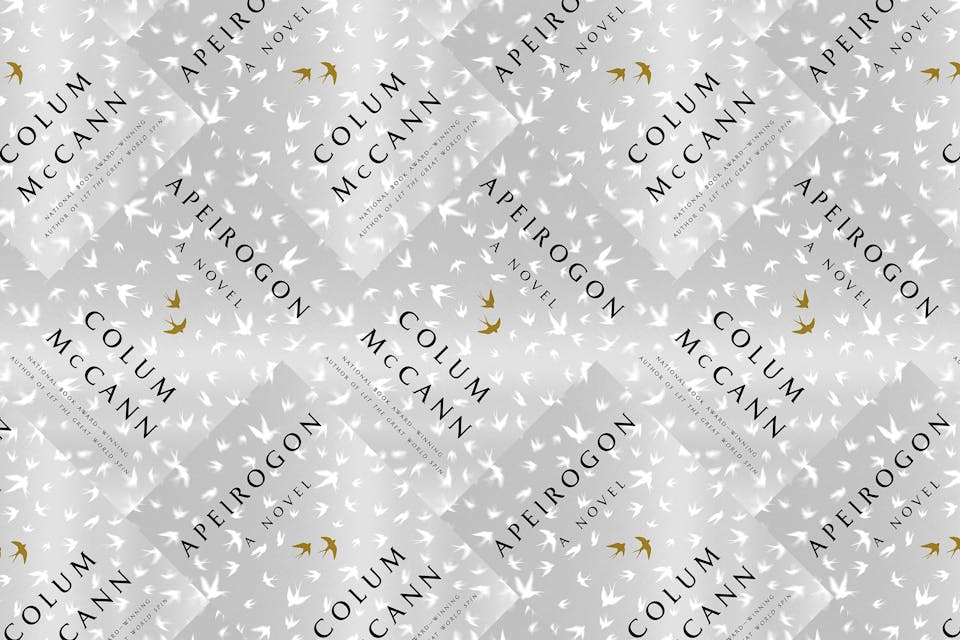
October 20, 2020
The Passion of Colum McCann
By Naftali MosesThe highly acclaimed Apeirogon, a recent novel about the Israel-Palestinian conflict, has a lot more to say about Jews and Israel than anybody has picked up on—none of it good.
A “brilliant act of novel-making,” and an “empathy engine” of “marvelous complexity,” wrote a New York Times reviewer of Colum McCann’s recent novel Apeirogon. In the Washington Post, a slightly more reserved Charles Finch praised its “careful ferocity” and “strange nobility,” calling it “a loving, thoughtful, grueling novel.” Apeirogon was also long-listed for the prestigious Man Booker prize, and Steven Spielberg’s production company has already purchased the move rights. Not to be outdone, the Guardian called it “a work of art whose beauty, intelligence, and compassion may go some way to changing things.”
And what things stand to be changed by the novel? Nothing less than the Israel-Palestinian conflict. Apeirogon brings us into the story of two real men, Rami Elhanan and Bassam Aramin—one Israeli, the other Palestinian. Each is the father of a daughter killed in the ongoing battle between Jew and Arab. In the novel, as in real life, the two fathers are good friends.
Rami is a successful Jerusalem graphic artist, Bassam a Fatah operative who works for the Palestinian Authority. Until his daughter is killed, Rami is more interested in entrepreneurship than politics; Bassam spends seven years in an Israeli prison for attacking an army patrol, at which point he abandons violence. Rami, following his daughter’s death, becomes part of a joint Israeli-Palestinian organization for bereaved parents dedicated to dialogue in pursuit of peace. Upon leaving prison, Bassam helps to found a group called Combatants for Peace which aims at bringing Israelis and Palestinians together to call for an end to the “occupation.”